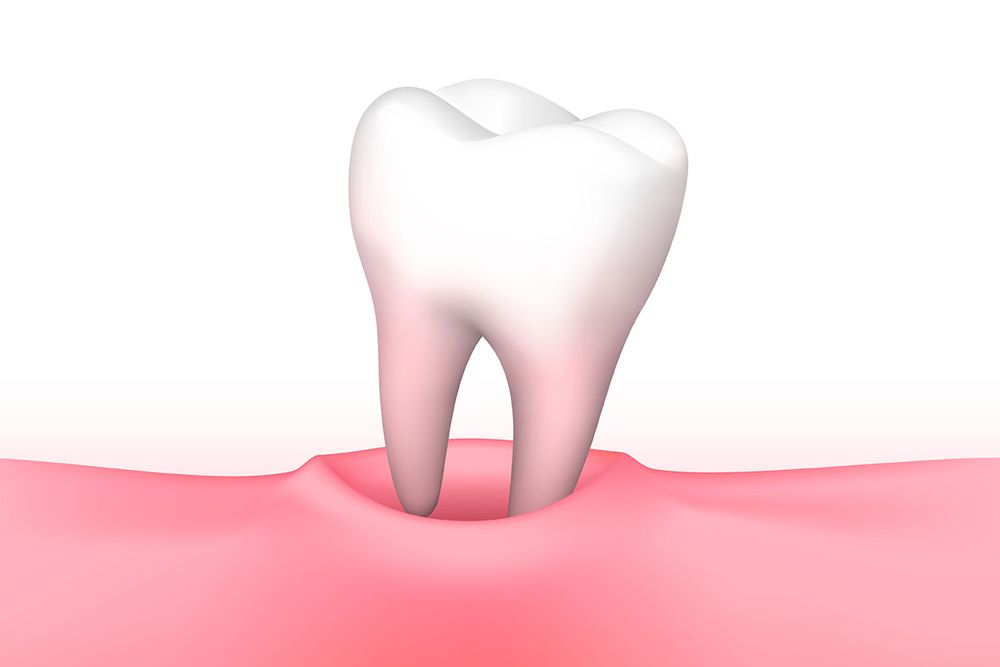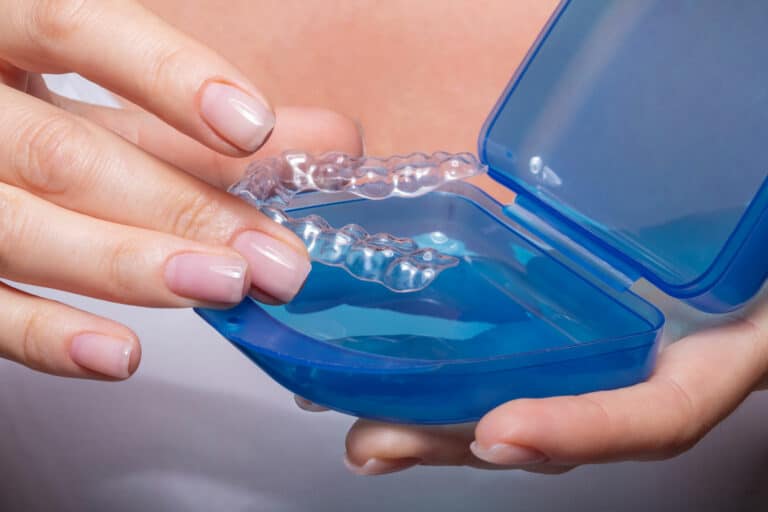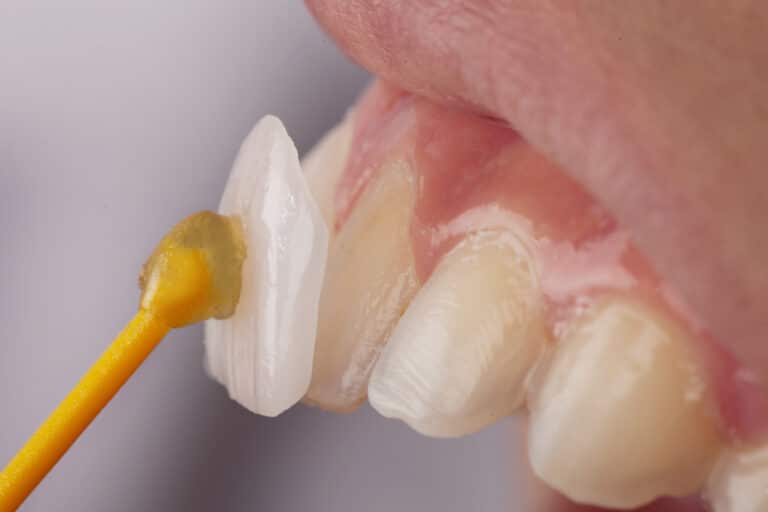Unfortunately, there are instances when tooth removal is necessary. For example, a tooth may be too damaged or decayed to be repaired. Or, if your third molars erupt at an angle or become impacted in the jawbone, wisdom tooth extraction may be necessary.
Knowing what to anticipate during tooth extraction recovery can alleviate fears of the unexpected and help patients heal faster. Drs. Clifford Degel and Carmen Every-Degel at Astoria Dental Group in Queens, NY are dedicated to providing resources to help you experience a quick and comfortable recovery period.
Reasons for Tooth Removal
There are many reasons why you may need to have a tooth removed. If you crack or break a tooth, your doctor will do everything possible to save it. This may involve placing a filling, crown, or other dental restoration.
Yet there are times when the damage, decay, or infection is too advanced to be repaired predictably. At that point, your doctor may recommend tooth removal.
Overcrowding is another common reason why extractions may be necessary. In some cases, dentists will remove teeth prior to orthodontic treatment. This is to ensure the prescribed treatment will align the teeth properly and effectively.
Method of Extraction
The method of tooth removal recommended for you will depend on your unique needs.
- Simple extraction: This type of extraction is performed on a tooth that has fully erupted. Your doctor will carefully loosen and then lift the tooth from the socket. This process is completed under local anesthesia for your comfort.
- Surgical extraction: If the tooth has broken off at the gum line or the tooth has not erupted, a surgical extraction can be performed. In this case, an oral surgeon will create a small incision in your gums to remove the broken or impacted tooth. In addition to local anesthesia, surgical extractions may also be performed with nitrous oxide, conscious oral sedation, or IV sedation.
Tooth Extraction Recovery
At Astoria Dental Group, we take your safety and recovery seriously. Listed below are a few recommendations that can help you recuperate comfortably:
- Discomfort after surgery can be treated with non-steroidal anti-inflammatory drugs, like Ibuprofen, Advil, and Motrin. Use as needed for the first few days. For more complex extractions, you may be prescribed stronger pain medications.
- To reduce swelling, apply cold compresses to the outside of your face in 20-minute increments.
- Stitches may be required, especially if you are undergoing a surgical extraction. In most cases, we will use dissolvable sutures. Leave these alone until they fall out on their own.
- 24 hours after surgery, you may begin rinsing your mouth with a warm salt water solution. This helps keep the area clean and soothe any discomfort. One-half teaspoon of salt mixed into a cup of water should be plenty for each rinse.
- It is important that you do not smoke, spit, or use a straw after surgery and for the next several days thereafter. These actions can dislodge the blood clot, resulting in dry socket.
- Maintain a diet of very soft foods for the next several days.
Risks during Recovery
Anytime you undergo a surgical procedure, there is a small risk of complications. Tooth extractions are no different. Post-operative issues may include:
- Dry socket: If the blood clot becomes dislodged, it can cause a dry socket. This condition leaves the jawbone exposed, leading to pain and discomfort.
- Infection: Despite our best efforts, sometimes post-operative infection occurs. This can typically be treated with a round of oral antibiotics.
- Fractured jaw: Although rare, jaw fractures can occur due to the pressure from the extraction process.
- Sore or painful jaw: Once your tooth is removed, there may be localized inflammation around the jaw, making it difficult to open your mouth wide.
If your pain and swelling does not subside within a few days or the swelling and pain increases, please contact Astoria Dental Group online or call us at 718-215-0510. Our dedicated doctors and staff are here to help you through every step of your recovery.




